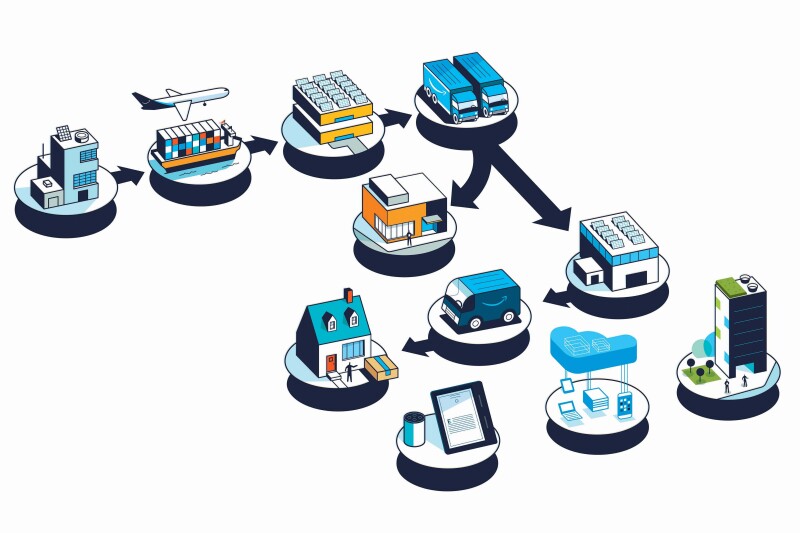Those of you who read my last post will notice the similar theme here:
An Imagined Letter from Covid-19 to
Humans
Stop. Just stop.
It is no longer a request. It is a
mandate.
We will help you.
We will bring the supersonic, high
speed merry-go-round to a halt
We will stop
the planes
the trains
the schools
the malls
the meetings
the frenetic, furied rush of
illusions and “obligations” that keep you from hearing our
single and shared beating heart,
the way we breathe together, in
unison.
Our obligation is to each other,
As it has always been, even if, even
though, you have forgotten.
We will interrupt this broadcast,
the endless cacophonous broadcast of divisions and distractions,
to bring you this long-breaking
news:
We are not well.
None of us; all of us are suffering.
Last year, the firestorms that
scorched the lungs of the earth
did not give you pause.
Nor the typhoons in Africa,China,
Japan.
Nor the fevered climates in Japan
and India.
You have not been listening.
It is hard to listen when you are so
busy all the time, hustling to uphold the comforts and conveniences that
scaffold your lives.
But the foundation is giving way,
buckling under the weight of your
needs and desires.
We will help you.
We will bring the firestorms to your
body
We will bring the fever to your body
We will bring the burning, searing,
and flooding to your lungs
that you might hear:
We are not well.
Despite what you might think or feel, we are not the enemy.
We are Messenger. We are Ally. We
are a balancing force.
We are asking you:
To stop, to be still, to listen;
To move beyond your individual
concerns and consider the concerns of all;
To be with your ignorance, to find
your humility, to relinquish your thinking minds and travel deep into the mind
of the heart;
To look up into the sky, streaked
with fewer planes, and see it, to notice its condition: clear, smoky, smoggy,
rainy? How much do you need it to be healthy so that you may also be healthy?
To look at a tree, and see it, to
notice its condition: how does its health contribute to the health of the sky, to
the air you need to be healthy?
To visit a river, and see it, to
notice its condition: clear, clean, murky, polluted? How much do you need it to
be healthy so that you may also be healthy? How does its health contribute to
the health of the tree, who contributes to the health of the sky, so that you
may also be healthy?
Many are afraid now.
Do not demonize your fear, and also,
do not let it rule you. Instead, let it speak to you—in your stillness,
listen for its wisdom.
What might it be telling you about
what is at work, at issue, at risk, beyond the threats of personal
inconvenience and illness?
As the health of a tree, a river,
the sky tells you about quality of your own health, what might the quality of
your health tell you about the health of the rivers, the trees, the sky, and
all of us who share this planet with you?
Stop.
Notice if you are resisting.
Notice what you are resisting.
Ask why.
Stop. Just stop.
Be still.
Listen.
Ask us what we might teach you about
illness and healing, about what might be required so that all may be well.
We will help you, if you listen.





